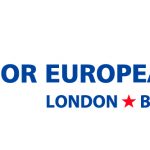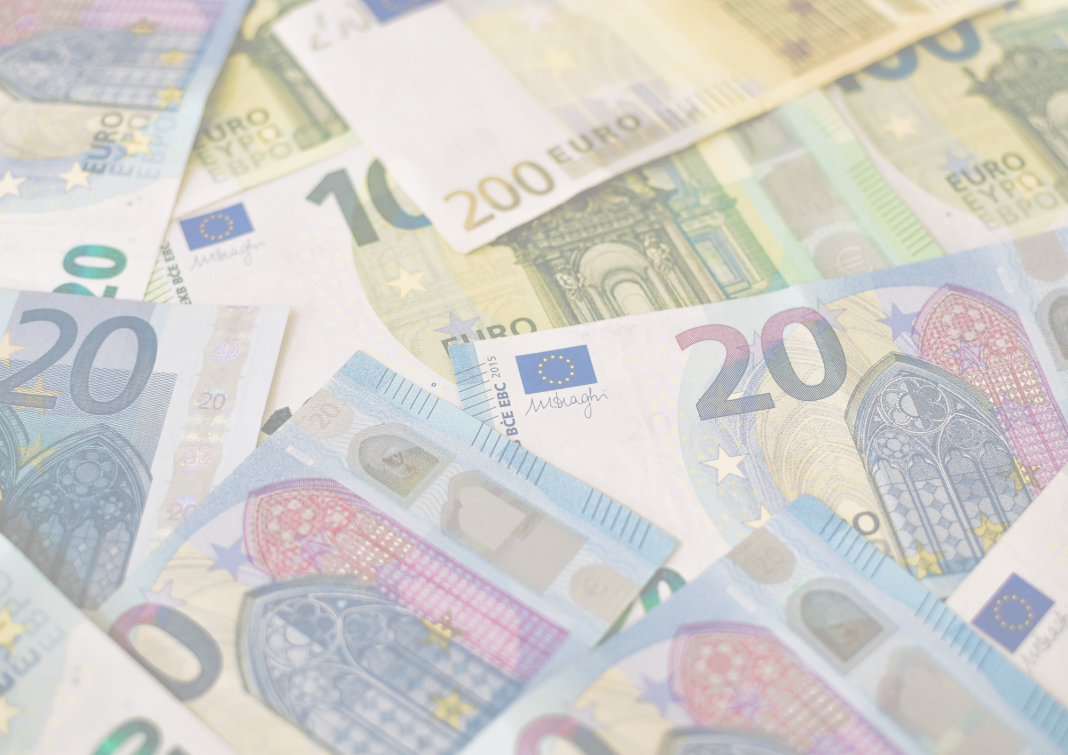The prospect of a large wave of EU enlargement by 2030 or even 2035 might be optimistic. But the path towards enlargement is set, and today’s geopolitical context appears to be more favourable to it than five years ago. Some European leaders are advocating for a fast accession process, like French President Emmanuel Macron. But some member-states are still reticent in private, particularly because they think a larger Union would require substantial reforms of voting rules and institutions to function better and avoid political deadlock. This ambivalence is due to the need to balance two forces: the threats posed by a more aggressive Russia and America’s retrenchment make enlargement more urgent, while ensuring effective decision-making in an EU with potentially more than thirty member-states requires institutional reforms (including to avoid post-accession backsliding in the rule-of-law) – and reforms take time.
Author: Elisabetta Cornago, Senior research, Centre For European Reform.
This article is available on the CER website.



